What Happens When You Break A Tooth?
Think of your teeth like a puzzle. When one part cracks, the whole structure weakens. Sometimes the damage is on the surface—a minor chip. Other times, the break runs deep, threatening the nerve and root. Here’s what can cause a tooth to break:- Biting down on something hard (like ice or nuts)
- Untreated cavities weaken the enamel
- Grinding or clenching (especially at night)
- A previous filling that’s now failing
- Trauma—like a fall or sudden blow to the face
Can A Crown Fix A Broken Tooth?
In many cases—yes. But it’s not a “band-aid” fix. And it’s not for everyone. Let’s break it down: A dental crown is a custom-made, tooth-shaped cap. It’s designed to fit over your damaged tooth to restore its shape, strength, and appearance. The idea isn’t just to “hide” the problem, but to rebuild what’s been lost. Think of it like putting a helmet on a vulnerable tooth. It takes the pressure off the weak parts and lets you chew, bite, and speak normally again.Is Dental Crowning Always The First Line Of Treatment?
Not always—but it’s often the best long-term fix when:- The break is too large for a filling
- The tooth has had root canal treatment
- There’s a risk of infection or further cracking
- You want both protection and aesthetics
What’s The Process Like At Precision Dental & Implant Centre?
Let’s walk through what to expect—no fluff, no surprises.- Initial Assessment: We begin with a full-mouth scan and digital X-rays. We need to see the depth of the damage. Is the nerve exposed? Is there decay around the fracture?
- Tooth Prep: We gently shape the broken tooth to fit the crown. You’ll be under local anesthesia, and we’ll walk you through the entire step before we begin.
- Temporary Crown: While your permanent crown is being custom-fabricated, you’ll wear a temporary one for protection.
- Final Fitting: Your crown is cemented once it’s ready. We test your bite, alignment, and color match—it should look like your real tooth.
- Follow-Up Support: We don’t just “fix and forget.” We monitor crown health during your regular visits and offer care tips to extend its life.
Will It Look Obvious That I Got A Crown?
Not. That’s one of the biggest misconceptions. Modern crowns are made of porcelain, ceramic, or zirconia, which means they’re built to mimic your natural tooth—not just in shape, but in color and translucency. We customize every detail—from color-matching to bite angle—so it blends seamlessly with the rest of your smile.How Long Do Crowns Last?
With proper care? 10–15 years or more. That’s assuming:- You brush and floss daily
- You don’t chew ice or pens
- You come in for your routine check-ups
What If I’m Scared Of The Dentist Or Nervous About Pain?
You’re not alone. We meet a lot of patients who put off treatment simply because they’re afraid it might hurt—or worse, that it’s too late to fix anything. Here’s our promise: We’ll walk you through every step and talk like humans—not dentists with clipboards. We’ll listen first and treat second. Plus, we offer pain-free options and sedation dentistry for patients who need a little extra comfort. Related Content: ■ Top Reasons To Choose The Best Dental Clinic In Kolkata For Your Oral HealthWhat Happens If I Leave A Broken Tooth Untreated?
We wish this wasn’t common—but it is. Here’s what can happen:- Pain increases. The fracture can spread, especially when you bite or chew.
- Bacteria enter. This can lead to decay or infection inside the tooth.
- You may lose the tooth. Once infection sets in, saving it becomes harder.
So, Is Dental Crowning The Smartest Fix?
In many cases, yes—it’s the gold standard. Especially when you want:- Long-term strength
- Natural appearance
- Full chewing function
- Peace of mind
FAQs
1. How do I know if my broken tooth needs a crown or just a filling?
If the crack is deep or a large part of the tooth is missing, a crown is usually the best choice. Fillings work for small chips, but crowns offer long-term protection, especially if chewing causes pain or sensitivity.
2. Is getting a dental crown painful or uncomfortable?
No, the procedure is typically painless with local anesthesia. You might feel slight pressure, but not pain. Dentists also offer sedation options for anxious patients to ensure you're relaxed and comfortable throughout the entire process.
3. Can I eat normally after getting a dental crown?
Yes, once the permanent crown is placed, you can eat normally. Avoid hard foods until then, especially with the temporary crown. After that, your bite will feel natural and stable—like nothing ever happened to your tooth.
4. Will dental insurance cover a crown for a broken tooth?
In most cases, yes. Dental insurance usually covers crowns if the damage affects function or health. Cosmetic-only reasons may not qualify. It's best to check your individual plan or ask the clinic’s team to help with pre-approvals.
5. How soon should I get a broken tooth checked?
Immediately. Waiting increases the risk of infection or losing the tooth. Even if it doesn’t hurt, hidden cracks or decay can worsen quickly. Early evaluation means simpler, less invasive, and more affordable treatment options.


